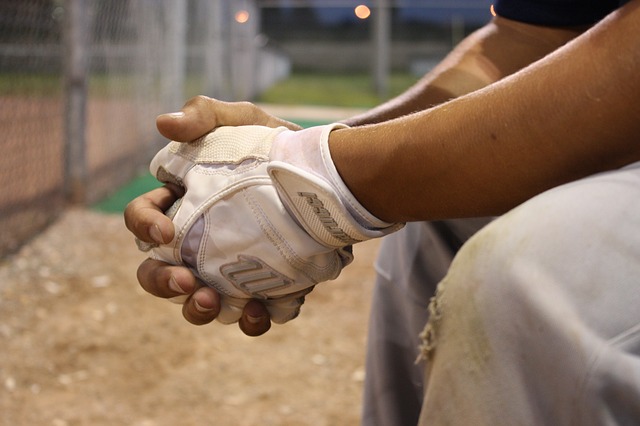
This was the insightful comment given to Australian Basketball champion Lauren Jackson. It described the painful reality of retirement from elite sport. It is a transition some athletes make at the peak of success. Others have it thrust on them with injury and de-selection. The result is the same: a major change in career, lifestyle and identity.
This journey was skilfully explored by the ABC’s 4 Corners program. http://www.abc.net.au/4corners/stories/2017/05/01/4659870.htm
The program highlighted the need for sports to be offering assistance to the athletes that make their business successful. And it is a business. Athletes are the product that sells. So when the product is not performing then, like our consumer society, it throws it into the scrap heap.
The problem is that athletes are not products but people. Several years ago I was part of an Australian government research team which examined the impact of success on 18 Australian Olympic gold medallists and their coaches.
The results revealed that the majority experienced significant negatives associated with their victory. In fact, one participant even said the win produced such destructive results that she would not have competed if she knew the cost!
Positives
This ground-breaking research, "Life After Gold" (Jackson, Dover, Maycocchi) highlighted several positive and negative experiences in winning an Olympic gold medal. Some of the positives included material gains, opportunities (e.g. jobs, books, open doors etc.), recognition, and sense of achievement (i.e. achieving personal goals).
Negatives
However, it was the intensity of the negatives that provides important life lessons. Some categories included difficulties in coping (e.g. burnout with extra demands, lack of support), expectations and pressures from others (e.g. being put on a pedestal, tall poppy syndrome). One athlete explained,
"It (the gold medal win) turned me very confused in many situations. I was not able to get back to the meat and potatoes and common-sense approach to life that I had before."
Another athlete shared about the extra demands and pressures on her personality, saying,
"You're automatically looked on as a TV commentator and guest speaker and someone that must go to fundraising... you are public property. I have to be so extroverted because of what I've done, but I would be happy to take my gold medal and climb in a hole.... your life changes."
These athlete quotations illustrate the unexpected changes forced upon athletes due to their success. They confirm the 4 Corners story of the athletes in retirement. Life changes and the very core of their being is challenged.
For many, the demands are too much. They train for their sport but are not trained for "success" or retirement. These seem to erode the essence of who they are and changes their identity into a human "doings" not human beings. Achieving Olympic success becomes their identity.
Rudyard Kipling's classic quotation sums up this theology of life, "If you can meet with Triumph and Disaster and treat those two imposters just the same...." The lesson to be learned for athletes, and similarly for us, is that our focus in life should be being faithful to what we do.
Our true success and worth is not found in gold medals or achievements. It is found in His gracious love revealed in what Jesus has achieved. We compete for an audience of One. We should aim to honour God.
This whole topic highlights the need for sports chaplains who care for the athletes unconditionally: in success and failure, when they are getting paid lots or little, during a career in sport or times of struggles. Chaplains volunteer their time because they don’t care about the athlete as a product. But they care about the athlete as a person made in God’s image: precious and needing to be connected to God. That should be our focus also.
The 'Lifer After Cricket' ministry developed way back in 1999 by then Victorian Cricket Team, chaplain Rev Barrie Sutrton and the then Australian Cricket Team chaplain Dr Mark Tronson has now morphped into a value-add 'respite' available of facilities sponsored by Mr Basil Sellers AM and coordinated by Well-Being Australia whose chairman is Dr Tronson.

Jeremy Dover is a former sports scientist and Pastor
Jeremy Dover's previous articles may be viewed at www.pressserviceinternational.org/jeremy-dover.html

Jeremy Dover is a former sports scientist and Pastor
Jeremy Dover's previous articles may be viewed at https://www.pressserviceinternational.org/jeremy-dover1.html
And https://www.pressserviceinternational.org/jeremy-dover.html